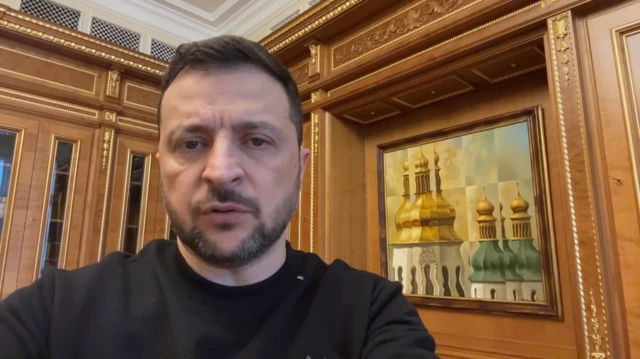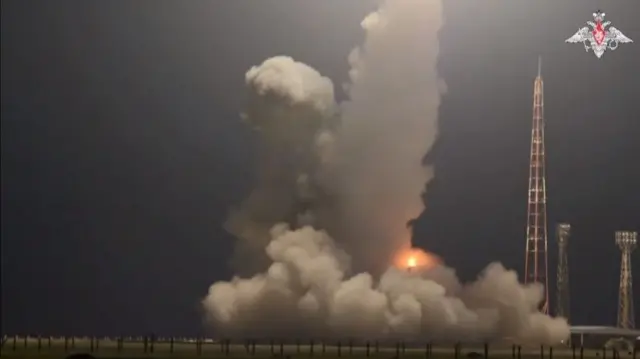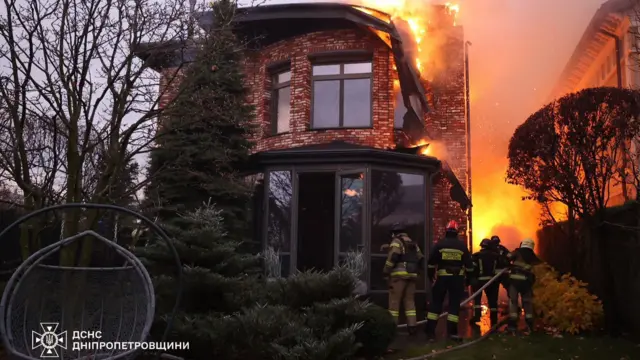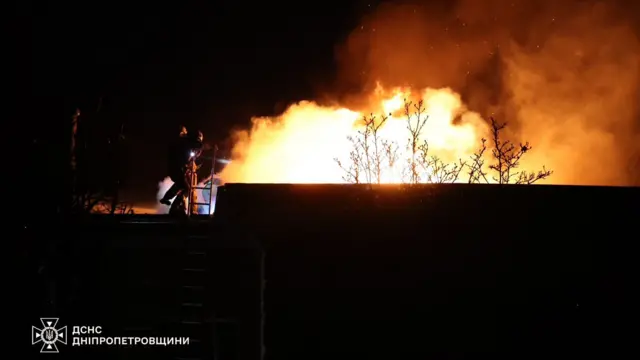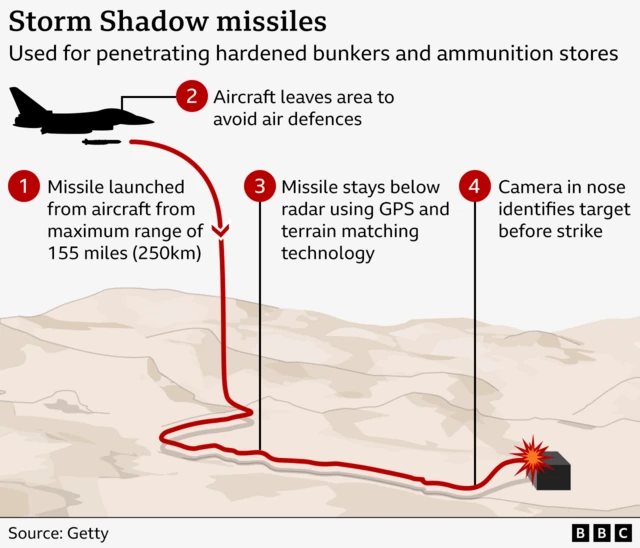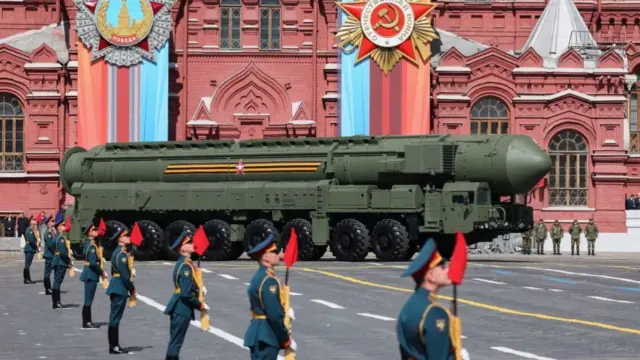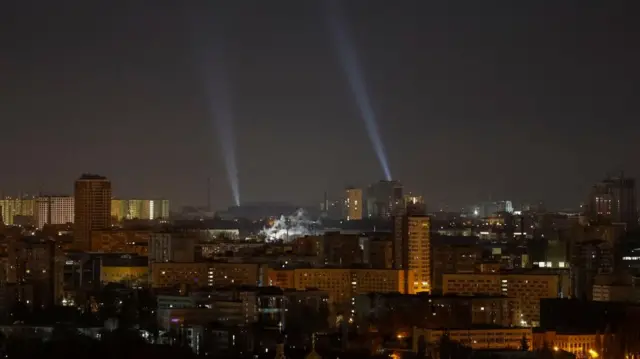The difference between an intercontinental and an intermediate ballistic missilepublished at 13:16 GMT 21 November 2024
There are four types of ballistic missiles - short-range, medium-range, intermediate-range and long-range, also known as intercontinental.
Short-range missiles can travel up to 1,000 km (620 miles), and are also known as "tactical" ballistic missiles. The medium-range can travel between 1,000 and 3,000 km (620-1,860 miles) and known as "theatre" ballistic missiles.
The intermediate-range can travel between 3,000 and 5,500 km (1,860-3,410 miles) and the long-range - the ICBM - can travel even further.
That means some intercontinental ballistic missiles could strike targets virtually anywhere on Earth.
All ballistic missiles can carry either nuclear or conventional warheads.
It still remains unclear exactly what type Russia used to attack Ukraine this morning. Ukraine's president, Volodymyr Zelensky, says it has "characteristics" of an ICBM. But US officials aren't so sure: an unnamed official that spoke to CBS specified that it was a ballistic missile, but not an intercontinental one.

